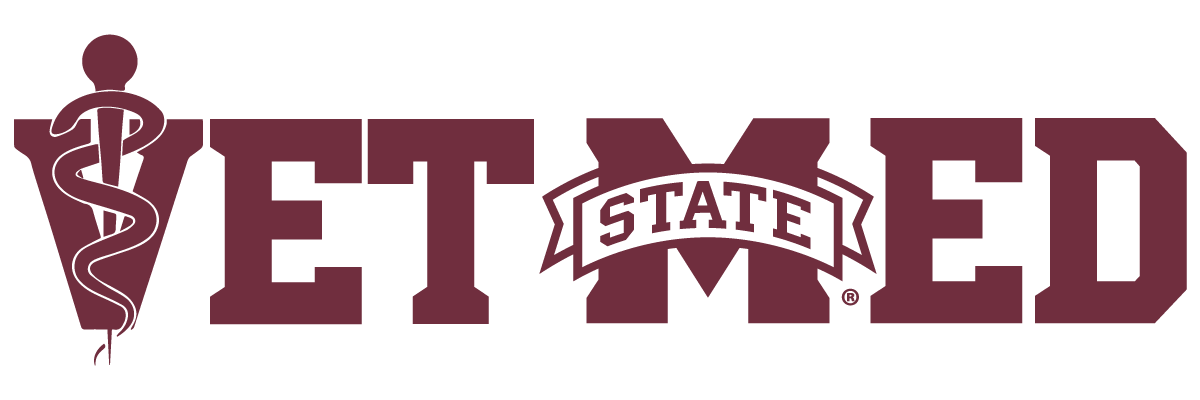My career as an immunotoxicologist is important to me, but I want to share why it should be important to you. As a scientist, I teach and do research; specifically, I do this at Mississippi State College of Veterinary Medicine. I have also made it a priority for myself to continue to learn to be an effective communicator of my science, so that I can tell anyone who has an interest about my research and its significance. However, what I have not done well in my career is talk about how science is done-- at least at universities-- and how scientists make an impact on everyday lives. This is part of a broader effort by scientists across the country to talk about science in honor of Dr. Barbara McClintock and in celebration of her birthday, June 16. McLintock is a Nobel Laureate who, among her many discoveries, was the first to describe the shape of chromosomes and determined that genes could move, which dictates a phenotype (e.g., the color of corn, for instance).
First, allow me to provide a bit about my research. I study how drugs and chemicals affect the immune system. Our immune systems are critical to protect us from pathogens like bacteria and viruses. One class of chemicals I study are cannabinoids– chemicals that can be found in cannabis such as marijuana or hemp. In general, we and others have found that cannabinoids dampen immune responses and inflammation, so they have the potential to act as anti-inflammatories. We are using cells from mice, dogs, or humans to understand more about how cannabinoids dampen immune effects and whether those that use cannabis might benefit from its anti-inflammatory properties. Other chemicals I study are those that can be found in cruciferous vegetables, like broccoli. These chemicals also dampen immune responses and might also serve as anti-inflammatories. My research program is funded by various external sources, including federal funding from the National Institutes of Health, or NIH. A major mission of NIH is to seek knowledge to improve human health, and my studies are important because they will help us to understand whether and how chemicals from cannabis and foods benefit human health.
Second, I’d like to share some information about what I teach. I have a PhD, but I am not a DVM, so I do not see patients or teach in the veterinary clinics. However, over the course of the year, I teach first-year veterinary students in immunology, undergraduate and graduate students in pharmacology, and graduate students in immunology and toxicology. I also mentor students in my laboratory at all levels– undergraduate, graduate and even some veterinary students. I teach them critical thinking and application of the scientific method to answer a significant research question. If you recall, the scientific method includes coming up with a hypothesis (what do we think will happen) and designing experiments to test whether our hypothesis is correct. Regardless of whether our hypothesis is correct (and many times, it is not), we then talk about the results in many ways– conference presentations, seminars, or publications. As scientists, we have a responsibility to share our results with whomever has an interest.
Why is my job as an immunotoxicologist important to you in Starkville? Think about your everyday life… Do you need a veterinarian, a medical doctor, a pharmacist, a nurse? If so, a scientist like me has played an important role in some component of their education and training. While I acknowledge that not every discovery I have made in my lab will have an immediate impact on your lives, my personal and immediate impact on many of your lives is the fact that I have helped educate veterinarians, doctors, pharmacists, nurses, and others, many of whom have established themselves here in Starkville. I am proud to be a scientist who makes scientific discoveries, educates upcoming biomedical professionals, and teaches critical thinking and effective science communication.
So, happy birthday to Dr. Barbara McClintock! Let’s keep talking about science!

